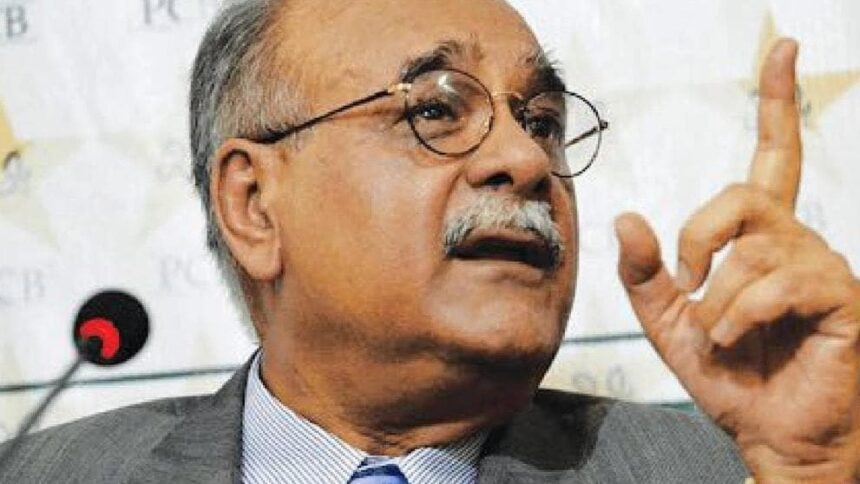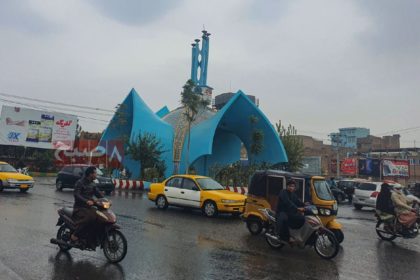RASC News Agency: Najam Sethi, a prominent Pakistani journalist and analyst, stated in a televised interview that Pakistan’s military strikes on Paktika and Khost were conducted in coordination with the Haqqani Network, underscoring the Taliban’s notably weak response to these incursions. Sethi pointed out the close ties between the Haqqanis and Pakistan, asserting that the operation was carried out with their consent. Najam Aziz Sethi, founder of The Friday Times, delved into the internal divisions within the Taliban during his interview with Sama TV. He explained that the Taliban is predominantly split into two factions: the Kandahari group and the Haqqani Network. According to Sethi, the Kandahari faction supports the Tehreek-e-Taliban Pakistan (TTP), while the Haqqani Network maintains a strategic alliance with Islamabad.
Sethi, who briefly served as Punjab’s caretaker Chief Minister in 2013, criticized the Taliban’s subdued reaction to Pakistan’s military aggression, describing it as “weak” and “perplexing.” He remarked, “If the Afghanistani Taliban could wage war against the United States, why have they refrained from declaring war on Pakistan?” While Sethi highlighted internal rifts within the Taliban over power-sharing, the group’s leadership has consistently denied such claims. However, Sethi notably refrained from addressing a significant reality: the Taliban were not engaged in a conventional war with the United States but were instead locked in a brutal conflict against the Afghanistan government and its citizens.
The Afghanistan government, in an ironic twist, labeled the Taliban as their “disenchanted brothers” and pursued a policy of reconciliation, a strategy that inadvertently enabled the group’s resurgence. With the tacit support of collaborators within the government often referred to as “fifth columnists” Afghanistan was handed over to the Taliban. Meanwhile, the United States, which once opposed the group militarily, now provides them with over $40 million per week under the pretense of humanitarian assistance. This unfolding saga lays bare the intricate interplay of alliances, betrayals, and strategic miscalculations that continue to shape Afghanistan’s tumultuous political landscape. The enduring struggles for power and external meddling leave the Afghanistani people trapped in a cycle of uncertainty and oppression.






